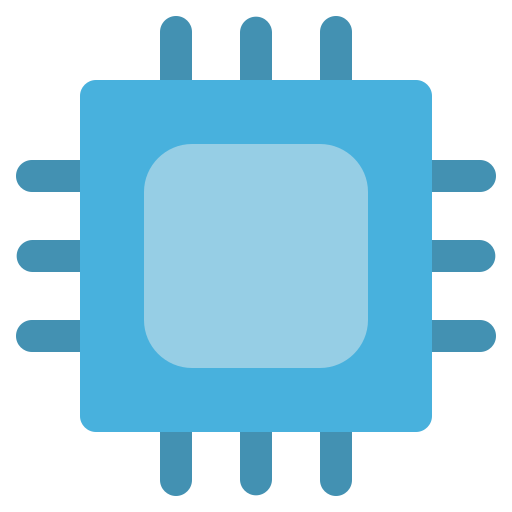

No custom ROM on a recent smartphone technically gives you a fully open source Android system when they rely on vendor-provided proprietary blobs in order for basic hardware functionality to work at all. Unless you want to go without a modem, GPS, and likely more depending on your model, at which point it’s functionally no longer a smartphone.
Open-source custom ROMs are at least far more open-source than the alternative in most of the ways that matter most, including the ability to change the code in order to remove app installation restrictions, to avoid Google’s telemetry, etc.





Similar to the full app backup use-case mentioned in another comment, I regularly use root to (through adb shell) make a personal backup of my owned kindle books and keys which I can then use to convert them to DRM-free epub and read those books in non Amazon approved apps. The encrypted books are in shared storage but the key to decrypt them is in an app-private database. I also occasionally backup my own apk/obb files.
A “security model” designed around the idea that users should never be able to have any kind of access, not even read-only, to the data that app developers store on their owned device if the developer doesn’t want them to is one that is fundamentally incompatible with computing freedom.
I keep a secondary device with rooted Lineage at home for the few apps I want root access to, instead of rooting my daily driver, but I always feel like it would be reassuring to have the ability to make proper backups from my main phone.